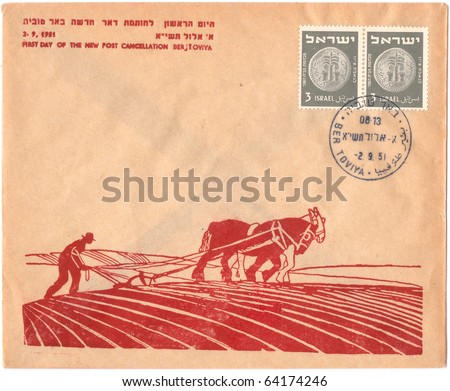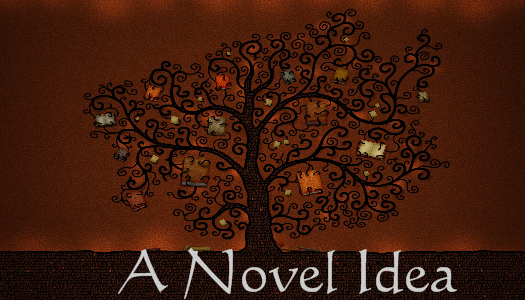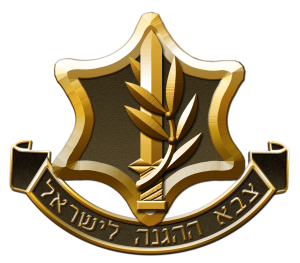Makos 21b (2)
1- Continuing on the case of our Mishna concerning a person who plows a field and thereby transgressing eight Lavin and is liable for Malkus. A Kohen who is also a Nazir plowing with two different species (see last week’s shiur) that were property of Hek’desh while causing the planting of Kil’ayim on Shmita on Yom Tov inside a cemetery .

The Gemara attempts to add a ninth transgression: Planting on Yom Tov.
2- The Gemara brings another scenario where one cooks some items and transgressing 5 Lavin and is liable for Malkus. How?
He use the following 2 ingredients to create a dish on Yom Tov and then eats it: The sciatic nerve of an animal – Gid Hanasheh, together with milk.
So here are the five Lavin:
1- Eating the Gid Hanasheh.
2- Cooking on Yom Tov for no purpose.
3-Cooking meat and milk.
4- Eating meat and milk.

5- Igniting a fire for no purpose.
Much has been written, analyzed and discussed about the above cases.
We mentioned one interesting idea, perhaps one can call this a “progressive thought”.

The Minchas Chinuch writes the he once heard a question in the name of Reb Yonason Eibishyts of Prague on the above case # 1.
Starting at the bottom of the page. http://beta.hebrewbooks.org/pdfpager.aspx?req=14092&st=&pgnum=128
When one plants Kilayim on Yom Tov he is spoiling (mikalkel) because the produce will be prohibited. Now a basic rule of the 39 Melachos prohibited on Shabbos and Yom Tov is that the act needs to create something useful and not to spoil or destroy. So this chap’s planting is useless and destroying good seed.
The same can asked on case #2 as well.
When someone cooks a dish on Yom Tov that will become treif and inedible (meat and milk) then he is basically spoiling good raw food! So why would he chayav for Mevashel?

Pesach Kitchen
The Minchas Chinuch answer that building, cooking etc is defined not by what Halacha says! Rather by what is accepted universally, in the world at large.
So the fact that one planted on Shmita causing the products to be inedible by Jews or if he cooks milk and meat together although a Jew is prohibited from eating it is is still considered ‘useful cooking’.
Similarly when one cooks milk and meat, although a Jew cannot eat it it is still categorized as an act of cooking which is prohibited on Shabbos and Yom Tov.
Indeed an interesting and novel idea.

4- We spoke about a letter from the Rebbe written in 1972 to Reb Sholmo Goren then the Chief Rabbi of Israel pertaining to the Heter Mechira on Shmita. See here for a brief synopsis.


Rabbi Shlomo Goren

Inspector Closeau
The Rebbe’s letter discusses the issue of the Jewish farmers selling their land to Arabs in 1972 to avoid the Shmita issue. The point made there is the seemingly blatant contradiction of such a sale bearing in mind the dangerous and volatile situation in Israel at the time.
In other words- what Jew would even think of selling his land to an Arab when having an Arab owner in our midst is dangerous and unthinkable? For a sale to be valid it needs to be irreversible; The Arab must become the real owner forever. When Shmita is over he can or cannot sell the land back to the Jewish seller.
Just as the Goy who purchases the Chometz on Pesach. He has no obligation to sell it back after Pesach. If such an obligation exists then the sale is a sham.

So that being the situation in 1972 the Rebbe suggests that the Jewish farmer should sell it and then be ‘maf’kir’. We tried to explain how this is something that constitutes a real sale and/or a disassociation (mechira and then hefker) of the farmer from owning his field.
What we didn’t understand is the last sentence in this paragraph where the Rebbe writes “The IDF (Tzaha”l) in specific places are like the “Shomrei Sefichin for the Omer”.
Background: Being that on Shmita all fields become Hefker, in order to insure that some wheat is put aside for the Omer sacrifice, Bais Din would employ guards to keep an eye out on particular fields. These watchmen are the Shomrei Sefichin.
So what did the Rebbe mean with the IDF being present out there?

That since the IDF is out there keeping an eye on the fields there is no fear of the Arab not selling back the field? Or perhaps that the IDF’s presence does not negate the Hefker? Or that the Shomrim by looking at the fields becoming owners? etc etc.
Mendel Nemanov writes:
I checked in the משניות and תויײט and it seems like that is exactly what he is saying.
He mentions the question of תוספות that you can’t use something which is שמור (it has to be from הפקר) and תוספות answers that it is not really שמור

because they are only keeping animals away and telling people to stay away.